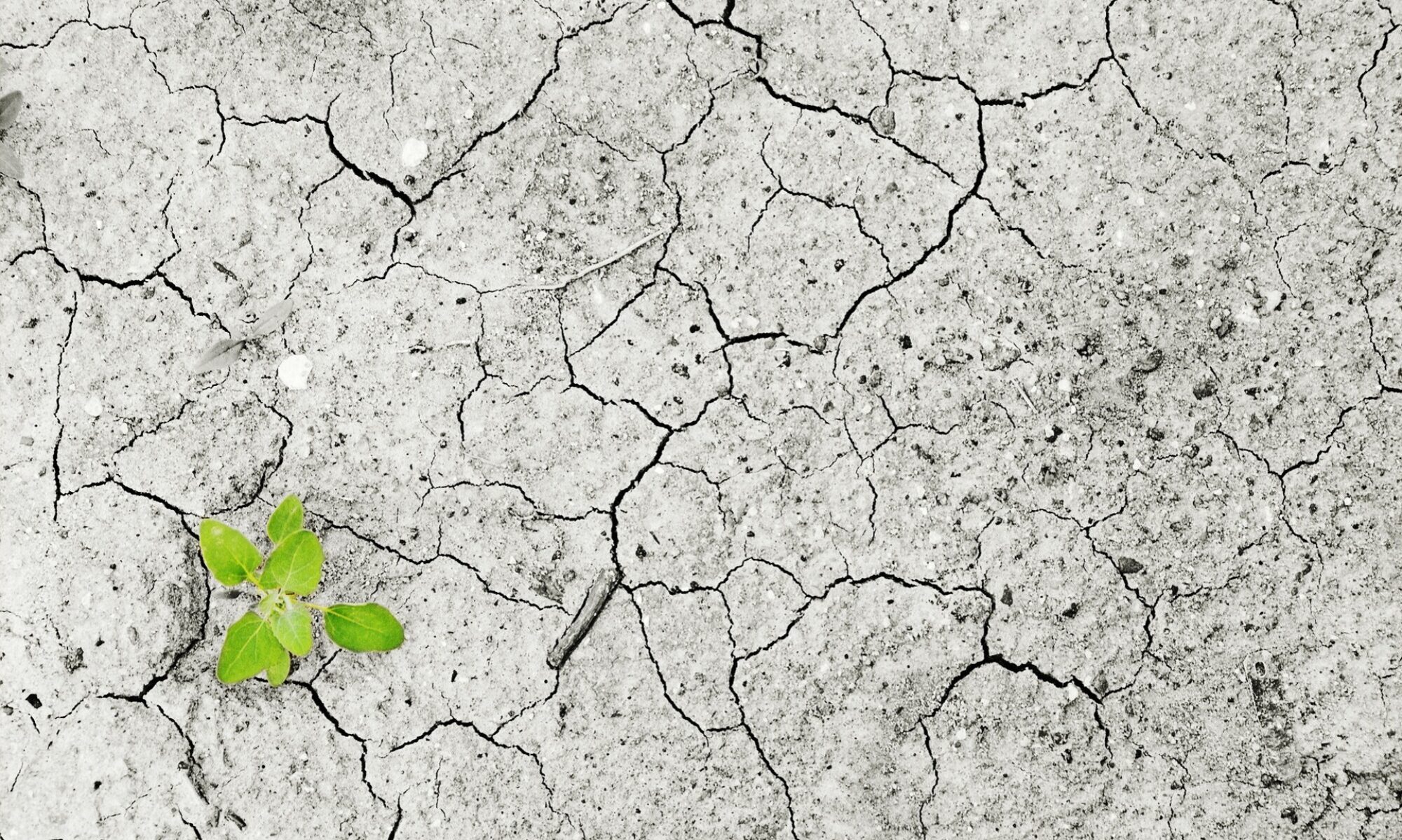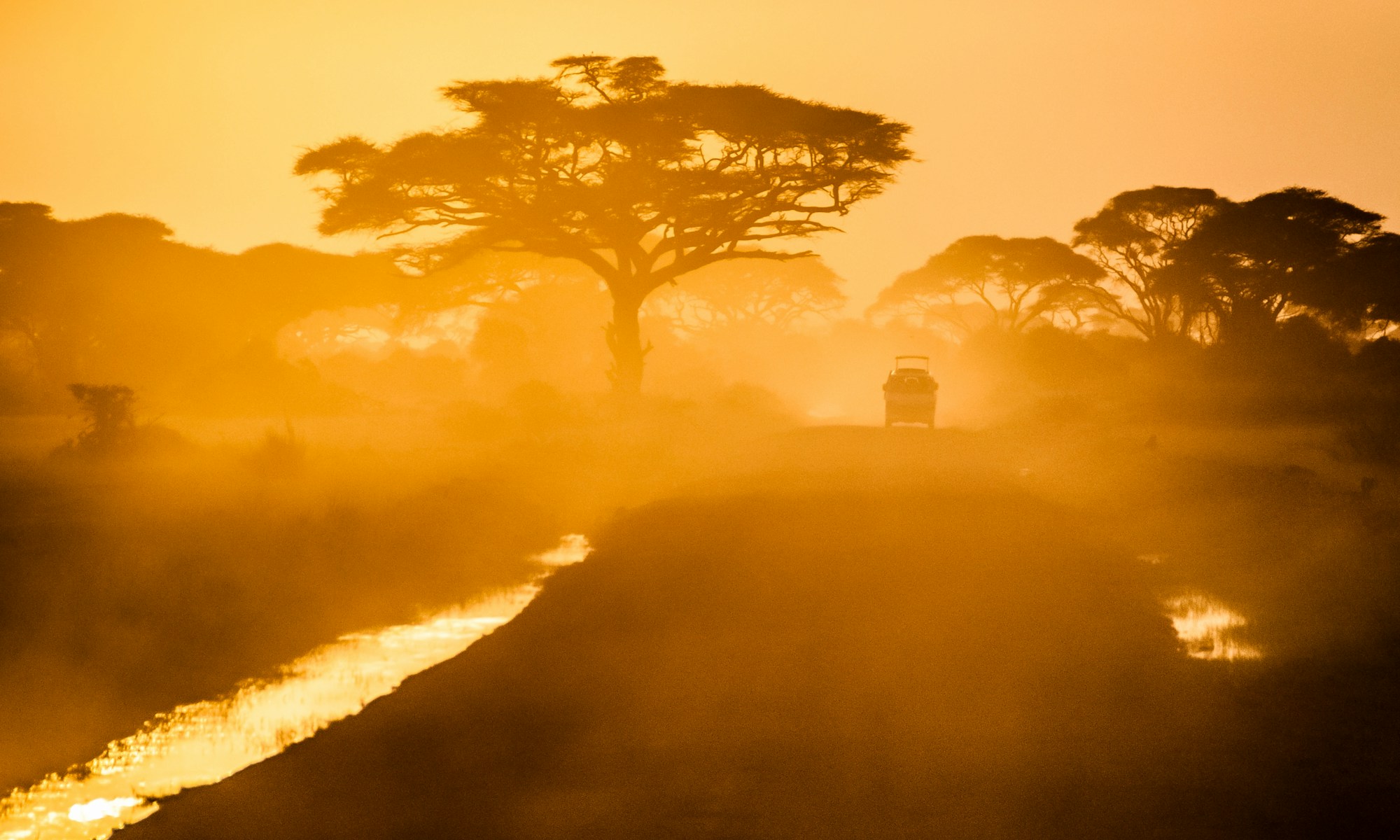–by Vaughn Rajah
On 26 October 2020 the 2019 State of the Climate in Africa Report was published. The Report, a multi-agency publication coordinated by the World Meteorological Organization (WMO), provides a snapshot of climate related trends, observed high-impact events, and associated risks and impacts on key sensitive sectors in Africa.
Africa is responsible for only four percent of global carbon emissions and yet is the continent most vulnerable to climate instability. Sub-Saharan Africa in particular, has been identified as a region likely to suffer future “climate conflicts” resulting from climate-induced political instability and resource scarcity.
Report Highlights
The Report emphasises rising temperatures and sea levels, changing rain patterns, and extreme weather as the greatest threats to food and water security, health and safety, and development in Africa.
“Climate change is having a growing impact on the African continent, hitting the most vulnerable hardest, and contributing to food insecurity, population displacement and stress on water resources. In recent months we have seen devastating floods, an invasion of desert locusts and now face the looming spectre of drought because of a La Niña event. The human and economic toll has been aggravated by the COVID-19 pandemic”, said WMO Secretary-General Petteri Taalas.
In a particularly worrying assessment, the Report concludes that expansive areas of the continent will exceed two degrees Celsius warming above pre-industrial levels by 2080. Two degrees Celsius is the temperature threshold designated as signalling near irreversible climate catastrophe. Much of Africa has already warmed by more than one degree Celsius since the beginning of the twentieth century, with a dramatic rise in heatwaves and searing hot days.
The latest predictions from 2020 to 2024 indicate continued warming and decreased rainfall, particularly in Northern and Southern Africa, and increased rainfall over the Sahel region.
Rising Climate Risks in Africa
The Report provides a comprehensive analysis of the impact of climate change on the African continent in 2019. Anecdotal evidence has made it clear that, amongst its many other challenges and upheavals, 2020 was even deadlier in this regard.
Agriculture is the cornerstone of the African economy. This is a major reason why the continent is designated a climate vulnerability hotspot. The Intergovernmental Panel on Climate Change (IPCC) has warned that warming risks inducing devastating effects on crop production and food security in Africa, with associated health impacts. Warmer temperatures additionally increase transmission of vector-borne diseases. For warming scenarios ranging from a one to four degrees Celsius increase in global temperatures relative to pre-industrial levels, the overall GDP in Africa is expected to decrease by 2.25 percent to 12.12 percent. The Report indicates that West, Central, and East Africa are likely to suffer the most severe impacts.
Regional Responses
The international legal principle of common but differentiated responsibilities is premised on the notion that developed states must bear greater burdens in tackling climate change than developing states. However, it is incumbent on the African Union (AU) to also play its part in mitigation efforts. Unfortunately, there is currently little knowledge of how the AU understands or responds to climate-related security risks. A glaring omission in the AU’s most notable recent policy, the AU Transitional Justice Policy, is the lack of an explicit engagement with climate risks and redress in Africa. It is imperative that strategies are developed at a national, regional, and international level to mitigate the impacts of climate change in Africa.
This article was originally published by Human Rights Pulse on 31 January 2021 as part of our January 2021 collaboration with E&U for the Climate and Human Rights Pulse on Environmental Justice and Human Rights.

Human Rights Pulse core team member and Earth Refuge Archivist Vaughn is passionate about sustainability and human rights, his scholarship and writing focuses on international law, climate change and transitional justice.



